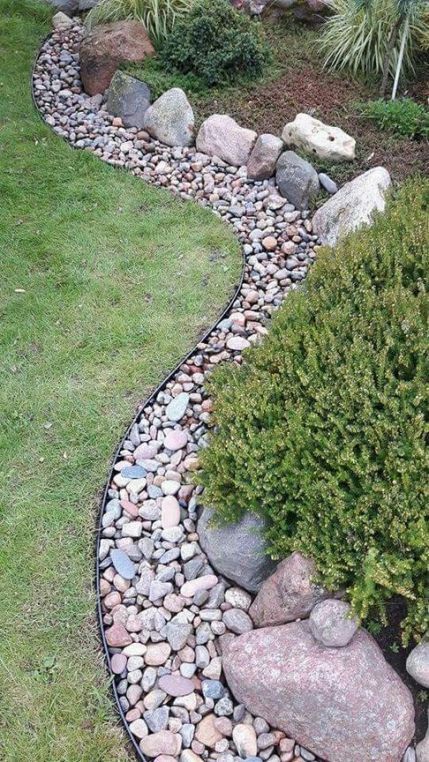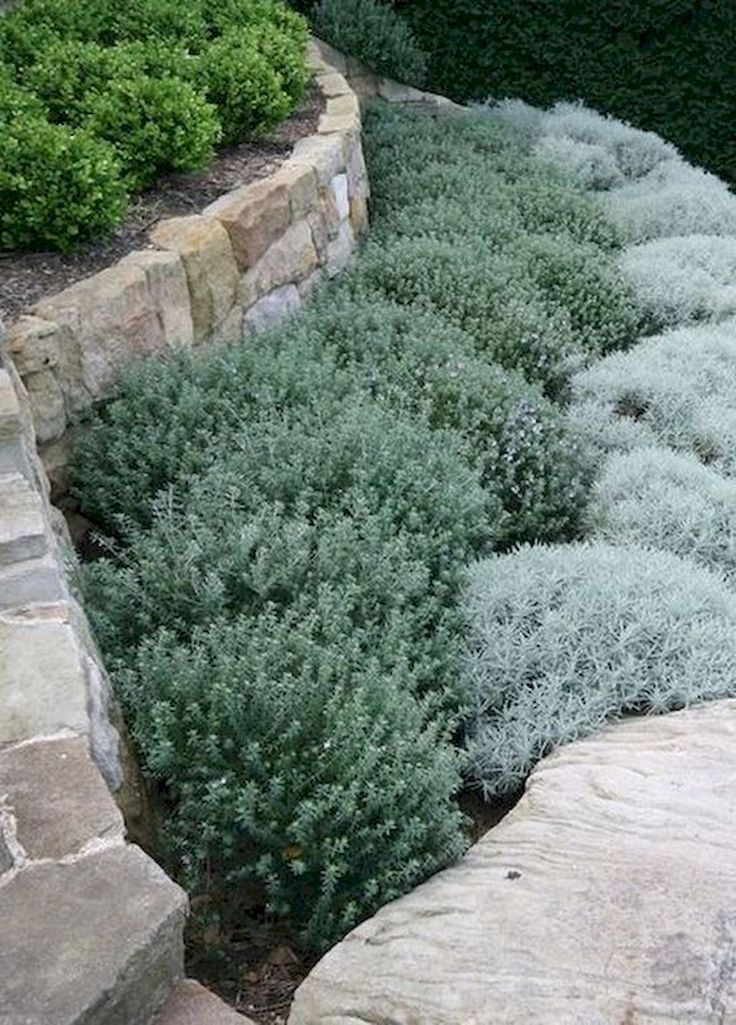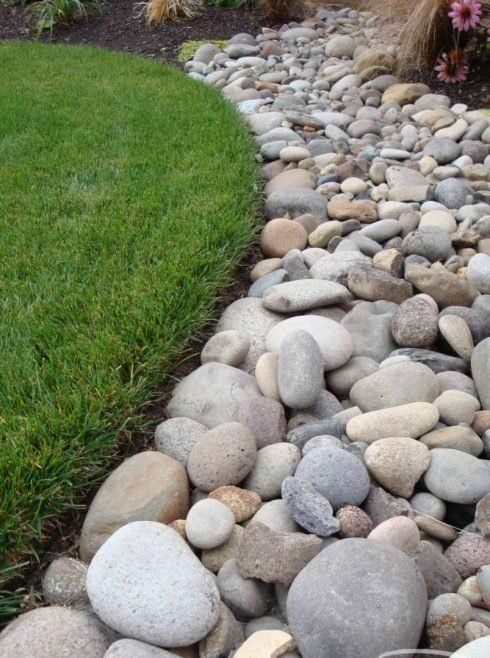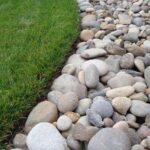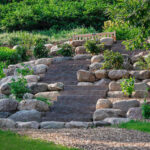Landscaping rocks are a versatile and popular choice for enhancing the aesthetic appeal of outdoor spaces. They come in a wide variety of shapes, sizes, and colors, making them an ideal option for adding texture and interest to gardens, pathways, and other landscaping features.
One of the key benefits of using landscaping rocks is their durability. Unlike plants that require regular maintenance and care, rocks are low maintenance and can withstand harsh weather conditions without losing their appearance. This makes them a cost-effective and long-lasting option for landscaping projects.
In addition to their practical benefits, landscaping rocks can also add a touch of elegance and sophistication to outdoor spaces. Whether used as a focal point in a garden bed or as a border along a walkway, rocks can help create a visually appealing and cohesive look for any landscape design.
Another advantage of landscaping rocks is their versatility. They can be used in a variety of ways to achieve different effects, such as creating a natural-looking stream or waterfall, defining boundaries, or filling in empty spaces between plants. With the right placement and arrangement, rocks can transform a bland or dull outdoor area into a stunning and vibrant landscape.
Furthermore, landscaping rocks can also help improve water drainage and soil erosion control. By strategically placing rocks in areas prone to flooding or erosion, they can help redirect water flow and prevent soil from washing away. This not only protects the integrity of the landscape but also helps maintain a healthy and thriving garden.
Overall, landscaping rocks are a valuable and attractive addition to any outdoor space. With their durability, versatility, and aesthetic appeal, they can help enhance the beauty and functionality of gardens, pathways, and other landscaping features. Whether used as a decorative element or as a practical solution for drainage and erosion control, rocks are a timeless and timeless choice for landscaping projects.
